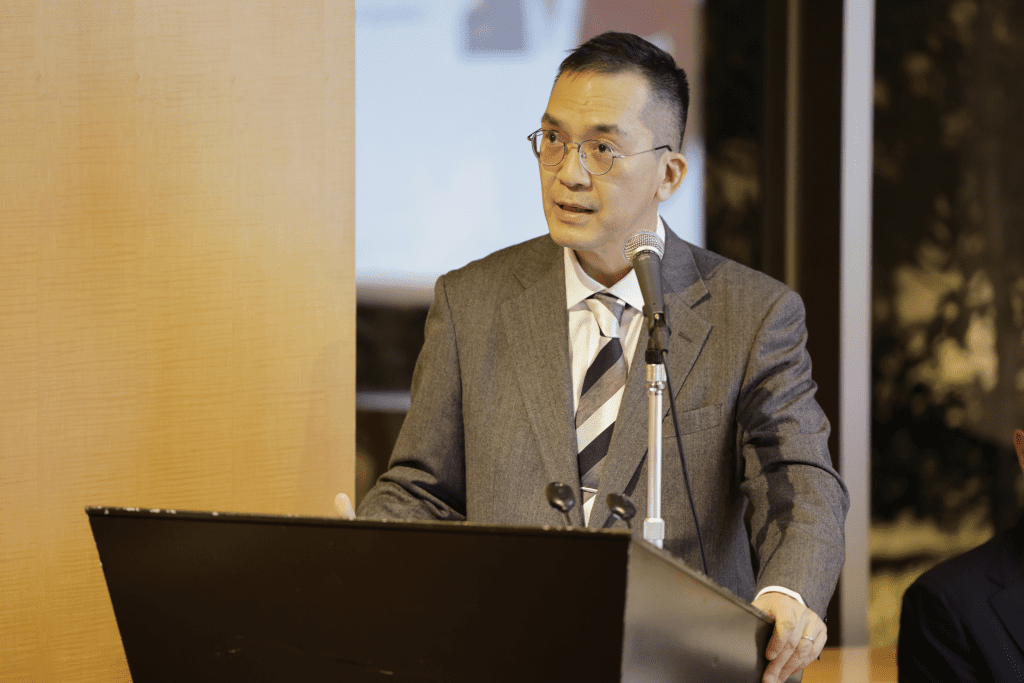
Achieving healthcare for all requires leaning into a strong NCD response. Over the last six years, Access Accelerated and the World Bank have worked together to advance sustainable and scalable solutions to NCD prevention treatment, and care. World Bank advisor, Dr. Hajime, discusses the need to incorporate NCD care in the UHC agenda if we are to achieve equitable and resilient healthcare systems, and how his formative experience as a doctor was invaluable in shaping and informing his role as an advocate for UHC.
INTEGRATING NCDs IN UHC IS KEY TO ACHIEVING EQUITY
When I was working in Tokyo as a young pediatric resident, access to healthcare was something I took for granted. Everyone had full access to care based purely on their medical needs. It wasn’t until I worked in the rural Philippines in the mid-90s that I realized this wasn’t the case everywhere. At the time, infant mortality in Japan was around two or three out of one thousand. By comparison, in the Philippines, it was between 50 to one hundred. I witnessed firsthand the challenges people face in accessing basic medical care.
The stark difference between my home city and this remote village in the Philippines really highlighted for me the treatment disparity and importance of UHC. In particular, NCDs disproportionately affect vulnerable populations, and it became clear to me that addressing the burden of NCDs must be a priority if we hope to achieve UHC, not only in high-income countries, but in low-and middle-income countries too. So that’s why I’m a passionate advocate of UHC; everyone deserves equal access to care, regardless of socio-economic status or where you live.
PRIORITIZING NCDs IS CRITICAL FOR A COUNTRY TO ACHIEVE UHC
NCDs are often chronic in nature, meaning they require long term management, so addressing the burden is not just a quick fix. However, by investing for the long-term in the prevention, early detection, and management of NCDs, we also improve UHC by promoting the development of better and more integrated health systems that can provide comprehensive care to all patients. This will help to reduce the overall burden of disease and improve health outcomes for everyone. What’s more, investing in prevention and early detection will also help to lower healthcare costs by reducing the need for more costly treatment later on, which will make healthcare more accessible and affordable for everyone. In order to attain UHC, we need to adopt both a long-term perspective and take immediate action.
BUILDING EVERY-DAY RESILIENCE HELPS COUNTRIES RESPOND TO THE NCD BURDEN
Addressing the complex challenges posed by NCDs requires a multifaceted strategy. One crucial element of this approach is to establish everyday resilience in the healthcare system by investing in fundamental infrastructure and financing models. This is important because even high-performing health systems, such as Japan, can be susceptible to unforeseen events such as pandemics or natural disasters. Therefore, developing resilience involves enhancing the overall system’s capacity to withstand and respond to such threats. This requires increased investment, building capacities, training healthcare workers across all levels of care, and adopting innovative solutions and digital health technologies. These efforts work together to create a sustainable strengthening of health systems, resulting in improved and fairer access to healthcare.
A WHOLE-OF-SOCIETY AND WHOLE-OF- GOVERNMENT APPROACH
The achievement of the 2030 global goals requires significant progress on both NCDs and UHC, which begins with political commitment and evidence-based policies. Even countries that have already achieved UHC, like Japan, face challenges in sustaining it, particularly with an aging population. Governments can help accelerate progress towards UHC through reaching a consensus among their population. In Japan, for instance, the majority of citizens strongly support UHC because they understand its value. However, in some countries, this may not always be the case. UHC is a whole-of-society and whole-of- government issue that requires support from the population and from all government ministries. As it has significant impacts beyond healthcare, it must be a national priority.
Dr. Inoue started his professional career a pediatric resident in Tokyo and then served as a field officer in the rural Philippines while working for the Maternal and Child Health program. After his post-graduate study in public health, specializing in global health, Dr. Inoue joined the Japanese Ministry of Health, Labour, and Welfare in 1996, where he acquired a wide range of technical experience in public health, including hospital management, health insurance, pharmaceutical regulation, infectious disease control, and others. Dr. Inoue has previously worked in the secretariat of the WHO Regional Office for the Western Pacific and has also served as a member of the governing bodies of WHO, the Global Fund, UNAIDS and IARC.
Read more interviews in the Access Accelerated report: Key Lessons in Advancing Access to NCD care.